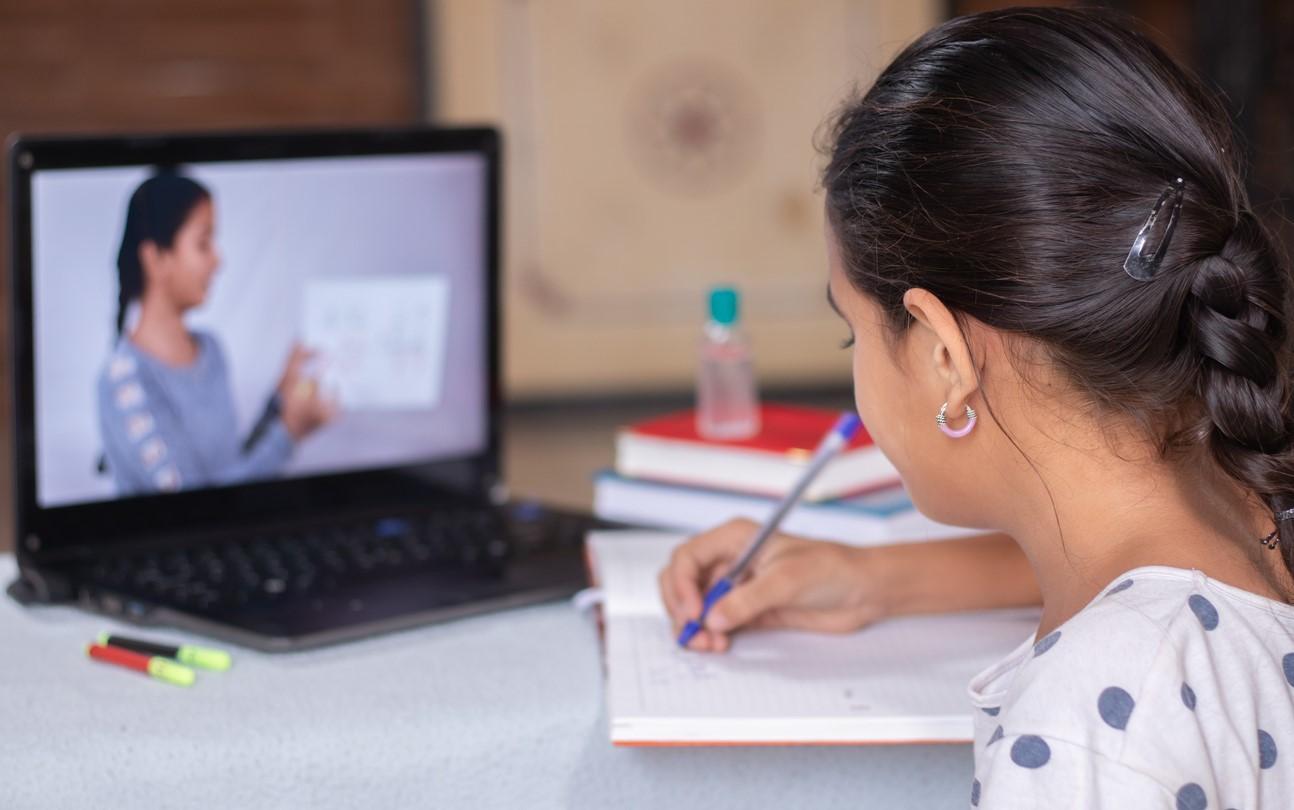In different reports, United Nations (UN)-based groups described more downstream impacts of the COVID-19 pandemic, including setbacks in schooling in South Asia and women's employment and maternal health in Latin America.
Global health officials have warned that uncontrolled spread of the virus and lockdown measures will have wide-reaching effects, and earlier reports have shed light on a host of worrisome trends, including those related to childhood vaccinations and health screening for other medical conditions.
School closures widen learning inequities
UNICEF said yesterday that school closures led to sharp inequities in learning experiences among children in South Asia, even though governments and related groups took major steps to expand remote learning. The research team based its findings on an analysis of data from India, the Maldives, Pakistan, and Sri Lanka.
COVID-19–related school closures in the region interrupted learning for 434 million children. The group's survey of students and parents found that in India, 80% of children ages 14 to 18 reported lower levels of learning during remote instruction than in in-person learning. They also saw similar lapses in learning in Sri Lankan primary school students.
UNICEF said girls, kids from disadvantaged households, and children with disabilities experienced the biggest challenges with remote learning.
George Laryea-Adjei, UNICEF's regional director for South Asia, said even when families had access to technology, children weren't always able to access it. In India, 42% of children ages 6 to 13 had no access to devices that could support online learning.
Student-teacher engagement, known to impact learning success, also suffered, with most students reporting little or no contact with teachers when schools were closed.
Laryea-Adjei said safe school reopenings must be a top priority for all governments, but more investments are needed to ensure that teachers can adapt to all situations. UNICEF also called for teachers to assess learning level and ensure a "catch-up" period, school districts to prioritize teacher vaccination and offer teachers guidance on engaging with students with different learning modes, and for governments and other groups to expand investments in education.
Employment issues, maternal deaths in Latin America
In another related development, a UN Development Program (UNDP) analysis of COVID-19–related employment patterns in parts of Latin America found that working mothers faced the biggest burden, according to Reuters. The group found that economic sectors hit hardest during the pandemic—tourism, commerce, and education—are largely staffed with women.
They also note that gender imbalances that keep women in unpaid domestic work and caregiving, plus long school closures, also complicated the picture for working mothers during the pandemic.
The UNDP found that mothers in two-parent households were least likely to return to work as economies reopened, but single mothers experienced a stronger rebound in employment.
Meanwhile, the head of the Pan American Health Organization (PAHO) at a briefing yesterday said the pandemic threatens to wipe away 20 years of hard-fought progress to reduce maternal mortality. Carissa Etienne, MBBS, PAHO's director, said 2,600 pregnant women in the Americas have died from the virus, and she urged pregnant women to get vaccinated against COVID-19.
Mexico and Colombia are among the worst-hit countries, where COVID has become the leading cause of maternal death in 2021. Three countries—Mexico, Argentina, and Brazil—account for half of the region's deaths in pregnant women, she said.
Etienne also warned that the pandemic threatens healthcare for pregnant women and newborns and that the disruptions have become more widespread in 2021.
More global headlines
- US President Joe Biden is expected to call for a global COVID-19 vaccine summit to take place at the UN General Assembly later this month, according to the Washington Post, which said the announcement could come as soon as today.
- Africa's cases continue to decline slowly, but three nations are now experiencing a fourth wave of infections, the World Health Organization (WHO) African regional office said in a weekly update yesterday. They include Algeria, Benin, and Kenya.
- In Japan, government officials extended the state of emergency for Tokyo and other affected prefectures until the end of the month, according to Reuters. Infections are declining and vaccinations are rising, but hospitals are still feeling pressure.
- United Kingdom drug regulators today said the Pfizer-BioNTech and AstraZeneca-Oxford vaccines can be used for booster doses, but the government and its vaccine advisors must still decide whether to recommend them. In a related development, Italy today approved booster doses for vulnerable groups, which include immunocompromised people, those older than 80, nursing home residents, and frontline health workers, according to Reuters.





















